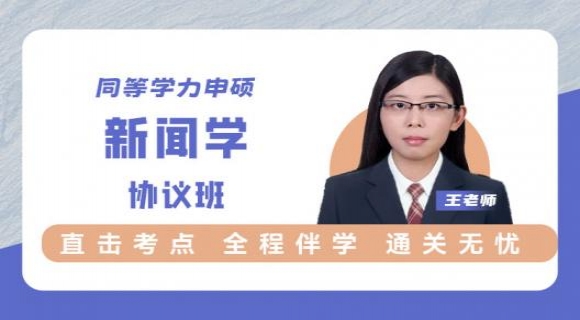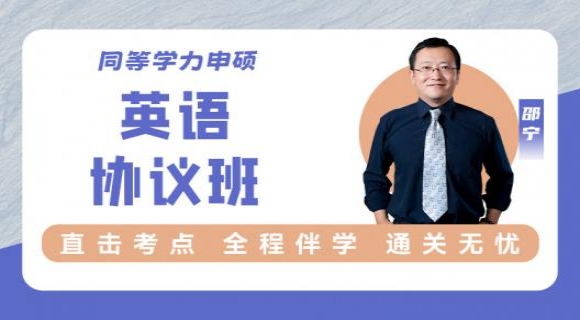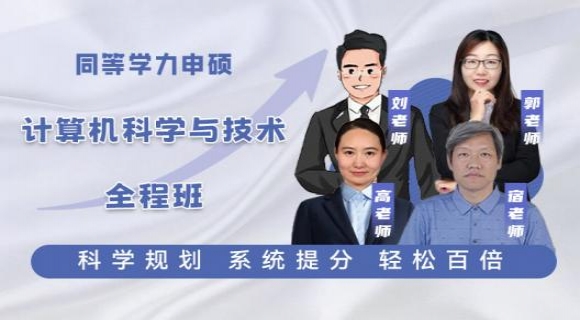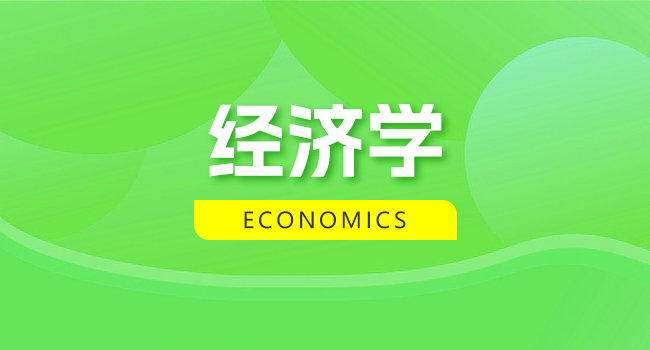英语每日一练
Read the following text and answer the questions by choosing the most suitable subheading from the list A-G for each numbered paragraphs (1-5). There are two extra subheadings which you do not need to use. Mark your answers on the ANSWER SHEET.
A. Be silly
B. Have fun
C. Ask for help
D. Express your emotions.
E. Don’t overthink it
F. Be easily pleased
G. Notice things
Act Your Shoe Size, Not Your Age.
(1) As adults, it seems that we’re constantly pursuing happiness, often with mixed results. Yet children appear to have it down to an art-and for the most part they don’t need self-help books or therapy. Instead, they look after their wellbeing instinctively and usually more effectively than we do as grownups. Perhaps it’s time to learn a few lessons from them.
1___________.
(2) What does a child do when he’s sad? He cries. When he’s angry? He shouts. Scared? Probably a bit of both. As we grow up, we learn to control our emotions so they are manageable and don’t dictate our behaviours, which is in many ways a good thing. But too often we take this process too far and end up suppressing emotions, especially negative ones. That’s about as effective as brushing dirt under a carpet and can even make us ill. What we feel appropriately and then-again, like children-move on.
2__________.
A couple of Christmases ago, my youngest stepdaughter, who was 9 years old at the time, got a Superman T-shirt for Christmas. It cost less than a fiver but she was overjoyed, and couldn’t bigger house or better car will be the magic silver bullet that will allow us to finally be content, but the reality is these things have little lasting impact on our happiness levels. Instead, being grateful for small things every day is a much better way to improve wellbeing.
3__________.
Have you ever noticed how much children laugh? If we adults could indulge in a bit of silliness and giggling, we would reduce the stress hormones in our bodies, increase good hormones like endorphins, improve blood flow to our hearts and ever have a greater chance of fighting off infection. All of which would, of course, have a positive effect on our happiness levels.
4__________.
The problem with being a grownup is that there’s an awful lot of serious stuff to deal with-work, mortgage payments, figuring out what to cook for dinner. But as adults we also have the luxury of being able to control our own diaries and it’s important that we schedule in time to enjoy the thing we love. Those things might be social, sporting, creative or completely random (dancing around the living room, anyone?)-it doesn’t matter, so long as they’re enjoyable, and not likely to have negative side effects, such as drinking too much alcohol or going on a wild spending spree if you’re on a tight budget.
5__________.
Having said all of the above, it’s important to add that we shouldn’t try too hard to be happy. Scientists tell us this can back fire and actually have a negative impact on our wellbeing. As the Chinese philosopher Chuang Tzu is reported to have said: “Happiness is the absence of striving for happiness.” And in that, once more, we need to look to the example of our children, to whom happiness is not a goal but a natural byproduct of the way they live.
————————————
正确答案
1、【答案】D (Express your emotions)
[解析]emotions一词在本段中原词复现了两次,而且出现了其下义词,比如sad, angry,本段最后一句提到对待情绪的方式是:acknowledge and express what we feel appropriately。选项D与此完全对应。因此确定正确答案为D选项。
2、【答案】F (Be easily pleased)
[解析]该段通过举例来说明段落主题,提到it cost less than a fiver but she was overjoyed,本句话的含义是“虽然礼物不值钱,但是让她特别开心”。并且核心词overjoyed与小标题F中pleased属于近义词。该段第二句话在转折后提到the reality is these things have little lasting impact on our happiness levels,即“这些东西对我们的幸福水平影响很小。”接着最后一句总结到“感激生活中的小事情是提升我们幸福感的一个好方式”,因此本段重点在于强调要感激生活中的小事情,所以正确答案是F选项。
3、【答案】A (Be silly)
[解析]该段开头提及一个问题,那么问题的答案正是本段的中心句。第二句正是对问题的解答,根据本句话的前半部分:if we adults could indulge in a bit of silliness and giggling, 核心词silliness与选项A中的silly为同源词,因此确定选项A为正确答案。
4、【答案】B (Have fun)
[解析]首先明确本段中第二句为转折句,在找段落中心时,是必读部分。本句话含义是“成年人有能力按照自己的想法去享受时光(enjoy the things)”,紧接着下句举例说明享受的这些快乐的事情分别有哪些。因此本段重点在于说明成年人可以按照自己的意愿享受快乐时光。故选择 Have fun 。
5、【答案】E (Don’t overthink it)
[解析]该段主题句是段落首句it’s important to add that we shouldn’t try too hard to be happy,强调“我们不应该着急要快乐”。第二句借科学家的话提到这样做的不良影响,下文更是引用哲学家庄子的话来证明这一论点,最后一句再次突出,我们应以孩子为榜样,对于孩子来说,快乐不是一个目标,而是他们生活方式的自然副产品。可见,该段整体上是总分的结构,先提出论点再论证。此外too hard与选项E中的overthink属于近义表达,natural与overthink是反义复现。因此,答案选E。














